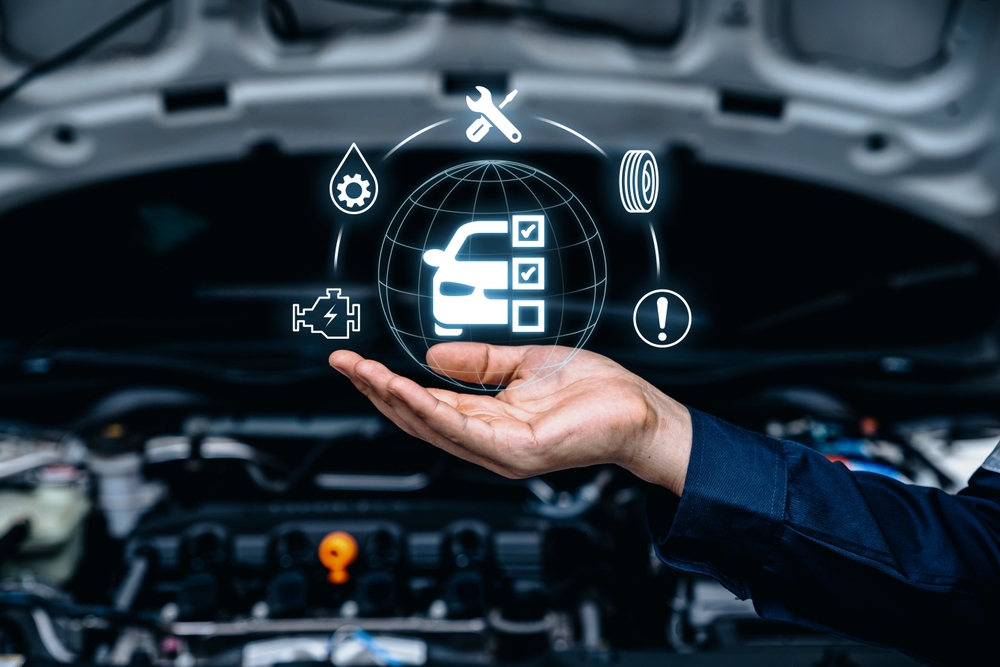Vehicle Safety Recall Risks: Why You Should Never Ignore Them

In the fast-paced world of modern transportation, vehicle safety recalls serve as a critical lifeline, safeguarding drivers, passengers, and pedestrians from preventable accidents. Yet, millions of car owners often neglect or delay addressing these recalls, exposing themselves to unnecessary risks. This blog dives deep into the importance of car safety recalls, the dangers of ignoring them, and the steps you can take to ensure your safety and peace of mind.
Understanding Vehicle Safety Recalls
A vehicle safety recall occurs when a manufacturer or the National Highway Traffic Safety Administration (NHTSA) identifies a defect or non-compliance with safety standards that poses a risk to the vehicle’s occupants or others on the road. Recalls are issued to fix these issues at no cost to the vehicle owner. Despite their importance, recall completion rates remain alarmingly low, with the NHTSA reporting that about 25% of recalled vehicles go unrepaired each year.
Common Reasons for Vehicle Recalls
– Defective airbags: Faulty airbag systems, like those in the infamous Takata recall, can deploy improperly, causing severe injuries or fatalities.
– Braking system failures: Problems in brake components can lead to reduced stopping power or complete brake failure.
– Electrical system malfunctions: Defects in wiring or software can result in fires or unintended vehicle behavior.
– Steering issues: Faulty steering mechanisms can compromise a driver’s control over the vehicle.
– Fuel system problems: Leaks or malfunctions in the fuel system can increase the risk of fire.
Each of these issues underscores why car recalls are issued in the first place: to prevent accidents and save lives.
The Risks of Ignoring a Recall
Ignoring a vehicle safety recall is not just a personal gamble; it’s a decision that can endanger others. Here’s what’s at stake:
1. Increased Risk of Accidents
When a recall addresses a critical component like brakes or airbags, ignoring it leaves you vulnerable to malfunctions that can lead to collisions. For example, the Takata airbag recall affected over 42 million vehicles and resulted in numerous fatalities due to shrapnel from defective airbags.
2. Legal and Financial Consequences
If you’re involved in an accident caused by a known recall issue, your insurance claim may be denied, leaving you financially responsible for damages. Additionally, liability for injuries or fatalities may fall squarely on you if it’s proven you ignored a safety recall.
3. Lower Resale Value
A vehicle with unresolved recalls can deter potential buyers and reduce its market value. Many states require recall issues to be disclosed during a sale, adding to the hassle.
4. Missed Free Repairs
Vehicle safety recall repairs are free. Ignoring them means passing up an opportunity to fix critical defects without spending a dime.
How to Check for Vehicle Recalls
Step 1: Use the VIN Lookup Tool
Your Vehicle Identification Number (VIN) is a unique identifier for your car. By entering your VIN on the NHTSA website or your manufacturer’s recall page, you can instantly check for open car recall notices.
Step 2: Sign Up for Notifications
Manufacturers often notify owners by mail, but you can stay ahead by signing up for email alerts from the NHTSA to ensure you never miss an auto recall notice.
Step 3: Stay Proactive
Make it a habit to check for recalls every six months or before long road trips. New recalls are issued regularly, and being vigilant ensures you address issues promptly.
Completing a Recall: What to Expect
Scheduling Repairs
Once you’ve identified an open recall, contact your local dealership to schedule a repair. Recall repairs are prioritized based on severity, so vehicles with critical issues may be addressed first. If you’re unsure how to schedule a car recall repair, your dealer can guide you through the process.
Timeframe for Repairs
Repairs can range from a quick software update to a more extensive component replacement. Your dealer will provide an estimate of the time required.
Free of Charge
By law, manufacturers cover the costs of recall repairs, ensuring no financial burden falls on vehicle owners. You might wonder, “How much does it cost to fix a car recall?” The answer is always: nothing.
Why Recalls Are Issued: Insights from Case Studies
Case Study 1: Takata Airbags
The largest recall in automotive history involved defective Takata airbags, which could explode upon deployment. This defect led to over 30 fatalities and prompted recalls in vehicles from 19 manufacturers. The case highlights the importance of addressing recalls promptly to prevent catastrophic outcomes.
Case Study 2: Ford Pinto Fuel Tanks
In the 1970s, the Ford Pinto was recalled due to a defect in its fuel tank design that caused fires in rear-end collisions. The recall, though controversial, saved countless lives and reinforced the need for robust safety oversight.
Why Are Car Recalls Important?
Vehicle safety tips often emphasize proactive maintenance but recalls go a step further in addressing known risks. Understanding the “why” behind car recalls helps you appreciate their role in automotive safety.
Stay Informed with Pessada’s Education Center
At Pessada, we’re committed to empowering drivers with the knowledge they need to stay safe on the road. For more in-depth articles, resources, and tools, visit our Education Center. Don’t let a recall compromise your safety—stay informed and take action today.


